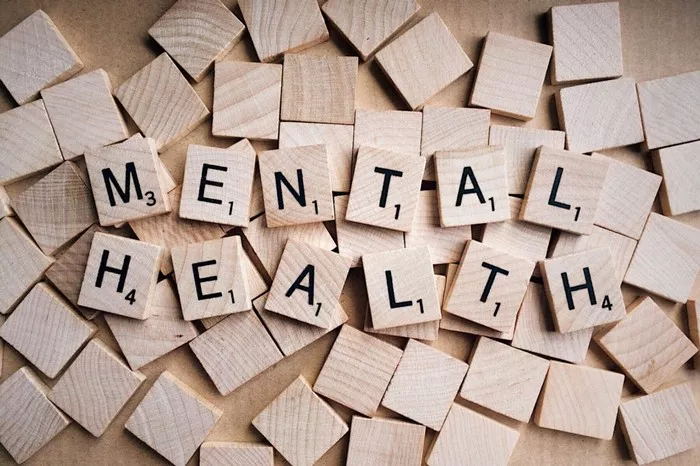In the United Kingdom, the mental health crisis is reaching unprecedented levels, with thousands of individuals in severe mental distress forced to wait up to three days in Accident & Emergency (A&E) departments before being admitted to a psychiatric bed. These delays can lead to a worsening of their condition, with some patients attempting suicide after becoming frustrated by the extended wait. In some instances, emergency room staff, who are already stretched thin handling physical health emergencies, are forced to delegate care for mentally ill patients to security personnel, instead of providing them with the specialized attention they require from mental health professionals.
This grim situation has been highlighted by a recent study from the Royal College of Nursing (RCN), which describes the prolonged waits as a “clear scandal.” The report underscores the distressing conditions that mental health patients endure while waiting for a bed, often in environments that are chaotic and unsuitable for individuals in psychological crisis. For these patients, the already high-stress environment of an A&E department becomes an unbearable experience, compounding their suffering.
The findings of the study are alarming. Every year, more than 5,260 individuals in a mental health crisis face waits of over 12 hours for treatment after a decision has been made to admit them to a hospital, compared to just 1,000 in 2019. Emergency departments across the country are reporting a steady rise in the number of people seeking help for mental health emergencies, with over 216,000 cases recorded last year alone. This surge is contributing to the overwhelming pressure on emergency services, already struggling with limited resources.
The situation is made worse by a severe shortage of mental health professionals. The number of mental health beds in hospitals has been reduced by almost 3,700 since 2014, while the recruitment of mental health nurses has failed to meet the growing demand for services. As a result, patients are often forced to wait for extended periods in crowded and noisy emergency rooms, environments that are far from conducive to their recovery. One nurse in the south-west of England described how patients in severe distress often reach a breaking point, choosing to leave the hospital out of frustration or to engage in self-harm.
One of the most telling examples comes from the Manchester Royal Infirmary, where, in 2019, there were no reported delays longer than 12 hours for patients in a mental health crisis. However, by the following year, 463 patients faced such delays. This sharp increase in wait times illustrates the growing strain on the mental health system and the urgent need for systemic change.
The situation is compounded by a lack of community-based mental health services, which could help prevent individuals from reaching such crises in the first place. Alexa Knight, the director of England at the Mental Health Foundation, stressed that the findings point to the fact that too many people with mental health issues are not receiving timely assistance when they first begin to struggle. Without adequate early intervention services, individuals are left to deteriorate to the point where they are forced to seek emergency care, often exacerbating their condition.
Experts are urging the government to invest more in community mental health services to provide early support and reduce the burden on A&E departments. Professor Nicola Ranger of the RCN called for “urgent and sustained investment in community mental health nursing,” stating that it is crucial to ensure that all patients receive timely care in the appropriate setting.
In response to these concerns, a spokesperson for the Department of Health and Social Care acknowledged the problem, noting that people with mental health issues are not receiving the support they deserve. The spokesperson highlighted the government’s £680 million investment in mental health services this year, aimed at recruiting 8,500 mental health workers and providing mental health support in schools. Additionally, a new £26 million crisis center initiative is being launched to ensure that individuals experiencing a mental health crisis receive timely care from trained professionals.
However, critics argue that these measures are not enough to address the scale of the problem, as the need for mental health services far outstrips current resources. Minesh Patel, associate director of policy and campaigns at the mental health charity Mind, pointed out that long wait times in A&E are particularly harmful to individuals in mental health crises. These individuals, who may have attempted suicide, self-harmed, or are experiencing psychosis, require urgent care. “They are being let down by a system that is overwhelmed and depleted,” he said.
The findings of the RCN’s report paint a stark picture of the ongoing crisis in the UK’s mental health services, illustrating the urgent need for comprehensive reform. With increasing numbers of individuals requiring mental health care, it is crucial that the government and health authorities take immediate action to improve access to services, reduce wait times, and ensure that mental health patients receive the care and attention they need in a timely and compassionate manner.
Related Topics

































